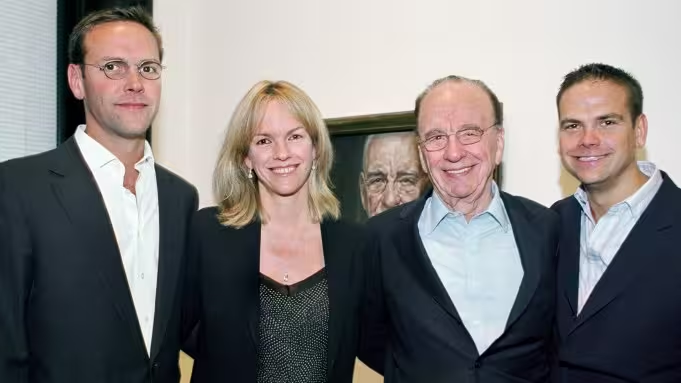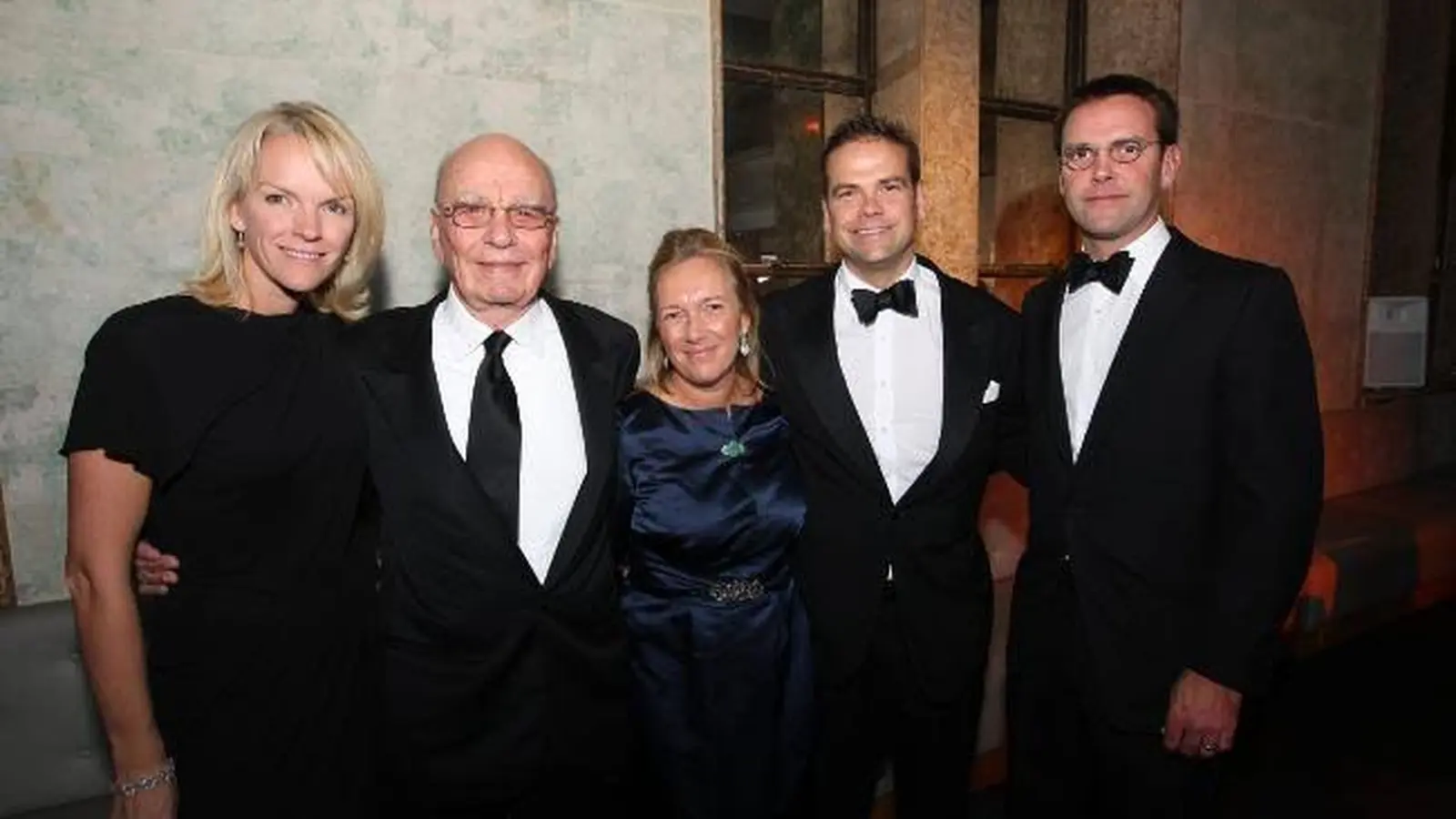5 Minutes
Major Shake-Up in a Media Dynasty
In a dramatic turn that feels ripped from a television script, the Murdoch family reached a high-stakes settlement that reshapes control of one of the world’s most influential media empires. James Murdoch, Elisabeth Murdoch and Prudence MacLeod have agreed to exit the family business and surrender their equity in News Corp and Fox Corp in a deal reportedly worth billions. That outcome cements Lachlan Murdoch’s position as the primary steward of the Murdoch legacy, while Rupert Murdoch’s youngest daughters, Grace and Chloe, join him in a newly formed trust structure.
What Was Decided — The Practical Details
The agreement resolves long-running litigation over the family trust that played out in Nevada courts. Cash payments to James, Elisabeth and Prudence will be funded by the sale of substantial blocks of News Corp and Fox shares — figures reported in the press include roughly 14.2 million News Corp Class B shares and about 16.9 million Fox shares. The reorganized trust vehicle, LGC Holdco, will hold the remaining Murdoch Family Trust interests, giving Lachlan decisive voting control through an appointed managing director. New beneficiary trusts will be established for Lachlan, Grace and Chloe, and the legal disputes have been officially terminated under the settlement.
Why Film and TV Audiences Care
For fans of prestige television and political drama, the story reads like an irresistible season arc: leaks, sealed transcripts, courtroom theater and a grandfatherly media titan maneuvering to protect his legacy. The parallels to HBO’s Succession are unsurprising; the real-life family saga echoes the ambition, betrayals and boardroom showdowns that drew millions to that series. It also invites comparisons with films and series that examine media power — from Citizen Kane–inspired biopics to dramatizations like The Loudest Voice and The Newsroom.

Industry and Cultural Ripples
This settlement doesn’t just settle family scores; it will influence newsroom strategies, content decisions and corporate governance at outlets with global cultural reach. Fox News and other legacy assets were central to the siblings’ concerns—especially over editorial slant and long-term direction—so the buyout signals a continuity of existing strategy under Lachlan’s leadership. For producers and documentary filmmakers, the decision accelerates opportunities to mine the Murdoch saga for dramatization, investigative films, and serialized documentaries that explore media, money and influence.
Behind the Scenes: Leaks, Legal Drama and PR
The litigation was marked by leaked documents and press exposes that amplified public fascination. The New York Times and other outlets published transcripts and messages that revealed private rifts, which only increased demand for cinematic retellings. Even as the settlement aims to close the legal chapter, the cultural narrative remains open: storytellers and journalists will now have troves of material to dramatize or investigate further.
A Critic’s Take
"The Murdoch settlement is a dramatic chapter in the long story of media consolidation and personality-driven news," says Marko Jensen, cinema historian. "Filmmakers will be drawn to both the human drama and the institutional questions it raises — about power, responsibility and how stories are shaped by who owns the cameras."
Comparisons and Creative Opportunities
Beyond Succession, the settlement recalls adaptations that probe industry titans: biopics of press barons, documentary investigations into influence and scripted anthologies exploring the cost of power. Directors known for media-focused narratives — think Adam McKay or David Fincher — could reshape this material into anything from a satire to a bleak institutional drama. Meanwhile, documentary filmmakers have fertile ground for feature-length deep dives into the legal fight and its implications for journalism.
Conclusion — What Comes Next for Media and the Arts
The Murdoch settlement will reverberate across newsrooms, boardrooms and soundstages. For viewers and creators, it offers a rare, contemporary source for storytelling about influence and legacy. Whether the outcome ultimately preserves the status quo or prompts fresh reckonings within corporate media, one thing is certain: filmmakers, series showrunners and documentary producers will be watching closely—and many will be planning their next projects around this unfolding chapter in modern media history.
Source: deadline


Leave a Comment